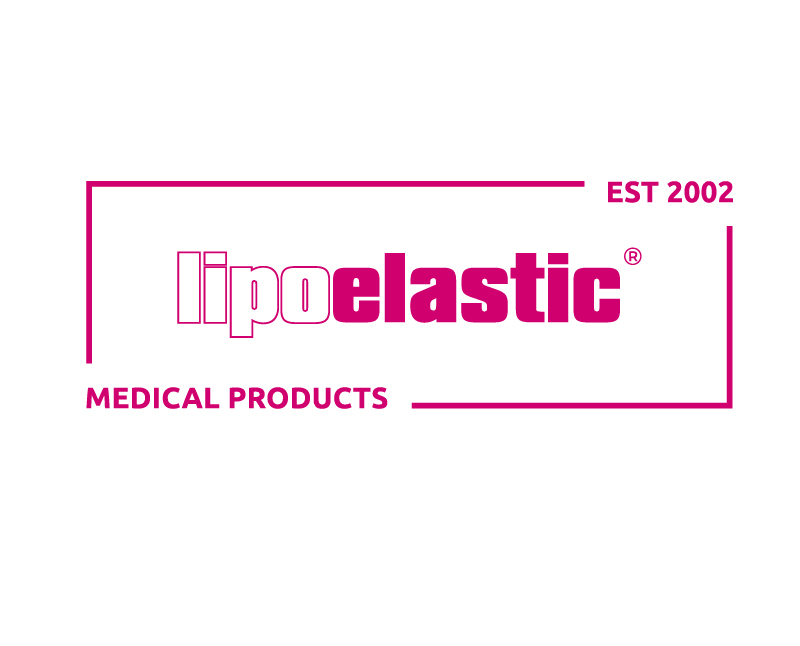Collagen is a vital protein and a fundamental building block of the human body. It supports firm skin, flexible joints, and strong connective tissues. However, as we age, the body’s natural collagen production declines. Thankfully, collagen supplements offer a solution by boosting regeneration and enhancing vitality.
What Is Collagen and Why Is It Important?
Collagen is the most abundant protein in the body, accounting for about 30% of all proteins. Found in the skin, tendons, bones, cartilage, and ligaments, it’s often called the body’s “glue” for its role in maintaining strength, hydration, and flexibility.
Starting around age 25, collagen production decreases by about 1% annually. By age 40, the effects become noticeable—skin loses elasticity, joints become more vulnerable to strain, and tissue regeneration slows.
Types of Collagen – Unique Forms, Unique Benefits
Not all collagen is the same and each type plays a key role in keeping your body strong, youthful, and flexible.
Type I: Making up 90% of all collagen, Type I supports skin, nails, hair, bones, tendons, and ligaments, keeping them firm, elastic, and resilient.
Type II: Retains its original structure but is harder to digest, as the body must break it down before absorbing it. This reduces its overall effectiveness. Essential for joint mobility and flexibility, Type II is found in cartilage and spinal discs, helping maintain smooth, pain-free movement.
Type III: Working alongside Type I, Type III enhances skin elasticity and plays a key role in wound healing and tissue regeneration.
(2).png) Choosing the Right Collagen
Choosing the Right Collagen
For best results, focus on absorption. While bovine and porcine collagen are effective, marine collagen absorbs up to 50% better, making it a top choice for radiant skin and overall wellness.
Hydrolyzed vs. Non-Hydrolyzed Collagen: What’s the Difference?
Not all collagen is created equal:
- Non-Hydrolyzed Collagen: Retains its original structure but is harder to digest, as the body must break it down before absorbing it. This reduces its overall effectiveness.
- Hydrolyzed Collagen: Also known as collagen peptides, it’s processed into bioactive molecules that are easily absorbed. Packed with amino acids like glycine and proline, hydrolyzed collagen promotes skin elasticity, joint health, and connective tissue regeneration.
For maximum effectiveness, hydrolyzed collagen is the superior choice.
When Should You Take Collagen?
Often called the “elixir of beauty and youth,” hydrolyzed collagen has been scientifically shown to:
- Improve skin elasticity, firmness, and flexibility
- Boost skin hydration
- Reduce the appearance of fine lines
Beyond its beauty benefits, collagen is essential for joint, cartilage, and connective tissue health. Many people supplement with collagen during periods of increased physical activity or recovery, when the body needs extra support for healing and regeneration.
High-quality collagen supplements often include extra nutrients for better effectiveness, with Vitamin C playing a key role in collagen production. The new LIPOELASTIC Collagen drink is expertly formulated to support recovery after cosmetic procedures.*
*Vitamin C, magnesium, and iron help reduce fatigue and boost energy levels. Vitamin C also supports a healthy immune system. Copper contributes to connective tissue health, while zinc promotes radiant, youthful skin.
Collagen isn’t just a trend—it’s a proven way to enhance your body’s health, flexibility, and regenerative capabilities.
Resources:
- Proksch E1, Segger D, Degwert J, Schunck M, Zague V, Oesser S: Oral supplementation of specific collagen peptides has beneficial effects on human skin physiology: a double-blind, placebo-controlled study (Skin Pharmacol Physiol. 2014;27(1):47-55. doi: 10.1159/000351376. Epub 2013 Aug 14.)
- Hans-Christoph Knefeli1, Benjamin Durani2: Improved wound healing after oral application of specific bioactive collagen peptides (February 03, 2017
- Do-Un Kim,1,† Hee-Chul Chung,1,† Jia Choi,2,† Yasuo Sakai,3,† and Boo-Yong Lee2,†*: Oral Intake of Low-Molecular-Weight Collagen Peptide Improves Hydration, Elasticity, and Wrinkling in Human Skin: A Randomized, Double-Blind, Placebo-Controlled Study (Published online 2018 Jun 26. doi: 10.3390/nu10070826)

 LIPOELASTIC TEAM
LIPOELASTIC TEAM .png)




 England
England



 Wales
Wales
 Scotland
Scotland
 Northern Ireland
Northern Ireland
 Ireland
Ireland
 United States of America
United States of America
